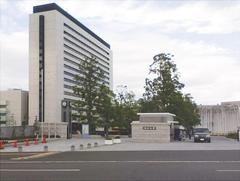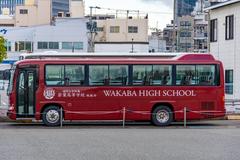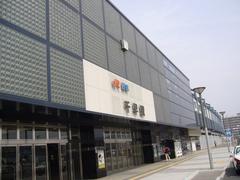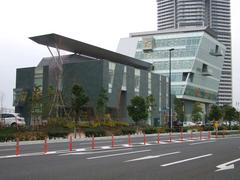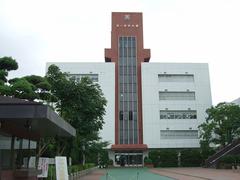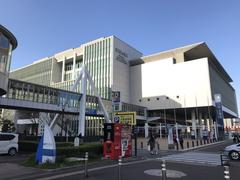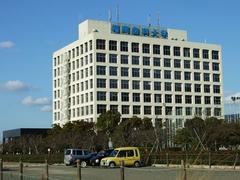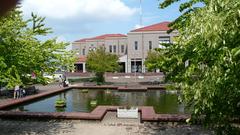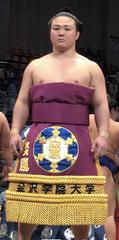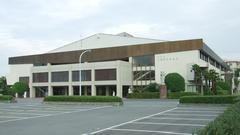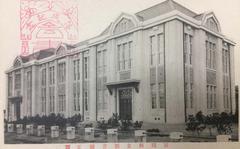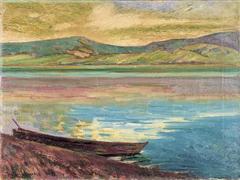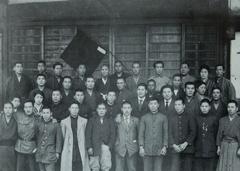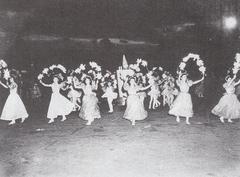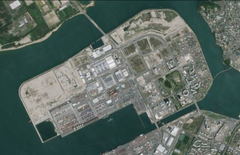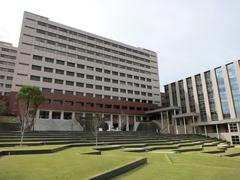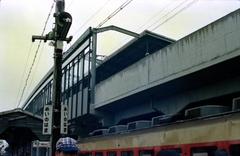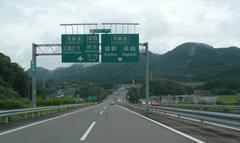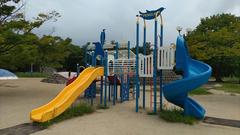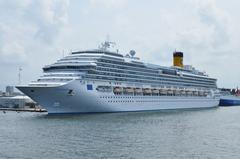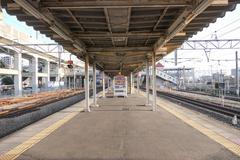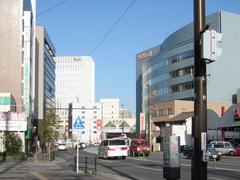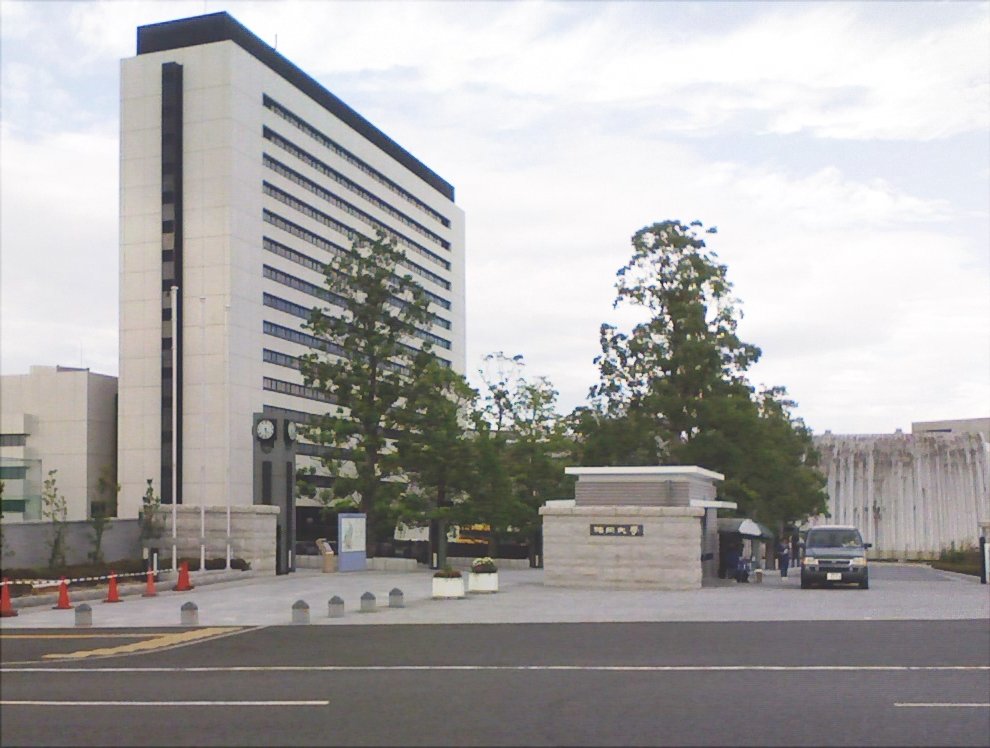
Fukuoka University Visitor Guide: Tickets, Hours, and Tips
Date: 14/06/2025
Introduction: Discover Fukuoka University
Fukuoka University, founded in 1934, is one of the largest private universities in western Japan and a distinguished cultural and educational landmark in Fukuoka City. Nestled in the Nanakuma district, its vibrant campus offers a harmonious blend of modern academic excellence and traditional Japanese charm. Visitors can enjoy impressive architecture, expansive green spaces, and a lively student atmosphere while learning about the university’s important role in regional education and culture.
The campus is easily accessible via the Fukuoka City Subway Nanakuma Line, with Fukudai-mae Station located directly adjacent to the university grounds. This guide covers essential visitor information, including campus hours, entry policies, guided tours, key facilities, accessibility features, and recommendations for nearby attractions. Whether you are a prospective student, a tourist, or a local resident, this comprehensive resource will help you make the most of your visit (Fukuoka University Official Site; Living Nomads Fukuoka Travel Guide; Japan Guide).
Contents
- Introduction
- Visiting Hours and Access
- Tickets and Guided Tours
- Campus Layout and Accessibility
- Notable Academic and Medical Facilities
- Central Library
- Faculty Buildings
- Fukuoka University Hospital
- Green Spaces and Recreational Areas
- Cultural and Social Spaces
- Architectural Highlights and Photography
- Campus Events and Seasonal Attractions
- Nearby Attractions
- Practical Visitor Tips
- Visitor Amenities and Accessibility
- Safety and Etiquette
- Frequently Asked Questions (FAQs)
- Conclusion
Visiting Hours and Access
- Campus Hours: Generally open to visitors from 8:30 AM to 6:00 PM on weekdays. Weekend access may be limited.
- Library Hours: Libraries typically operate from 9:00 AM to 5:00 PM on weekdays. Closed during examination and entrance exam periods.
- Entry Fees: Entry to the campus and public areas is free of charge.
- Access Restrictions: Some areas, such as laboratories and certain facilities, require prior permission or registration.
For up-to-date information, consult the Fukuoka University English website and Library Visitor Information.
Tickets and Guided Tours
- Entry: No tickets are required for general campus access.
- Guided Tours: Available by prior appointment, especially for prospective students and educational groups. Tours cover campus highlights such as the Central Library, faculty buildings, and Fukuoka University Hospital (access to the hospital is restricted and requires advance booking).
- Booking: Arrange tours via the university’s official website or at visitor information desks.
Campus Layout and Accessibility
The main campus, situated in the Nanakuma district, is directly connected to Fukudai-mae Station (Fukuoka University - Wikipedia). The grounds feature an appealing mix of modern and traditional architecture, pedestrian walkways, and lush gardens. Accessibility is a priority: ramps, elevators, and designated paths are available throughout campus, and signage is bilingual in Japanese and English.
Notable Academic and Medical Facilities
Central Library
The Central Library is a campus centerpiece, housing over 1.5 million volumes and numerous study spaces. Its contemporary design, with large windows and quiet areas, makes it ideal for both research and photography (Fukuoka University Official Site).
Faculty Buildings
Nine faculties comprise the university, each with dedicated buildings:
- Medicine: Advanced labs and lecture halls, closely connected with the university hospital.
- Science and Engineering: State-of-the-art research and technology centers.
- Law, Economics, and Commerce: Modern classrooms and seminar rooms, often hosting public events.
Fukuoka University Hospital
An esteemed teaching and public medical institution, the hospital is located on campus and supports research and clinical education. Guided tours are available for educational groups by advance arrangement (Wikipedia).
Green Spaces and Recreational Areas
The university maintains beautifully landscaped gardens and wide green spaces, perfect for relaxation or hanami (cherry blossom viewing) in spring. Sports facilities include a gymnasium, outdoor sports fields, tennis courts, and a swimming pool. Visitors may watch student matches or participate in select community events.
Cultural and Social Spaces
- Student Union: The hub of campus life, featuring cafeterias with Japanese and international cuisine, lounges, club rooms, and event spaces for festivals and exhibitions.
- Art and Exhibition Spaces: Regular art and academic exhibitions are held in galleries within the administrative building and Central Library.
Architectural Highlights and Photography
Fukuoka University’s architecture skillfully combines modernism with traditional motifs. Noteworthy structures include:
- The glass-fronted Central Library
- The Medical Research Building with rooftop gardens
- The Main Gate, a popular photo spot
Photography is encouraged outdoors and in public areas, but restricted in classrooms, labs, and the hospital.
Campus Events and Seasonal Attractions
- Annual School Festival: Held each autumn with food stalls, performances, and club exhibitions.
- Cherry Blossom Viewing: Late March to early April is ideal for hanami picnics under the blooming sakura (Japan Guide).
- Academic Conferences: The university regularly hosts national and international academic events.
Nearby Attractions
Fukuoka University’s location offers easy access to several city highlights:
- Ohori Park: A scenic park with a lake, Japanese garden, and art museum (The Crazy Tourist).
- Fukuoka Tower: Japan’s tallest seaside tower with panoramic city views.
- Tenjin and Nakasu Districts: Bustling with shopping, dining, and lively yatai (street food stalls) (Tokyo Weekender).
Practical Visitor Tips
- Best Time to Visit: Spring (March–May) for cherry blossoms or autumn (October–November) for comfortable weather and festivals (PlanetWare).
- Dress Code: Modest, casual attire is appropriate; be especially considerate in academic and medical buildings.
- Language: Most signage is bilingual, but staff English proficiency varies—translation apps or basic Japanese are helpful.
- Transport: The campus is best accessed by subway (Fukudai-mae Station). Private vehicle access is limited for visitors.
- Registration: Required for access to libraries and restricted facilities; bring a valid ID showing name and address.
Visitor Amenities and Accessibility
- Restrooms: Accessible facilities are available throughout campus.
- Wi-Fi: Free in most public areas; inquire at information desks.
- Dining: Several cafeterias and convenience stores offer meals and snacks; vegetarian options are limited.
- Campus Shop: University-branded merchandise is available for souvenirs.
- Assistance: Contact the university in advance for special accessibility needs.
Safety and Etiquette
- Security: The campus is safe, but always secure personal belongings.
- Photography: Permitted outdoors; indoor photography requires permission.
- Quiet Zones: Maintain silence in libraries and during exam periods.
- Behavior: Respect campus rules, including designated smoking areas and event conduct guidelines.
Frequently Asked Questions (FAQs)
Q: Do I need to pay to visit Fukuoka University?
A: No, campus entry and use of most visitor facilities are free.
Q: Are guided tours available?
A: Yes, by prior appointment through the university’s visitor services.
Q: What identification is required for library access?
A: Valid ID showing your name and current address (e.g., driver’s license). University students from other institutions should bring their student ID.
Q: Is the campus wheelchair accessible?
A: Yes, with ramps and elevators throughout major buildings.
Q: Can I take photos on campus?
A: Yes, outdoors; indoor photography requires permission.
Conclusion and Recommendations
Fukuoka University offers a dynamic and welcoming environment for visitors, blending educational excellence with cultural and natural beauty. With its open campus policy, accessible facilities, and diverse attractions, the university is ideal for prospective students, tourists, and locals alike. Guided tours, seasonal events, and proximity to Fukuoka’s best sights further enhance your experience.
Plan ahead by consulting official resources, registering for special access where needed, and using tools like the Audiala app for maps and updates. Make the most of your visit—immerse yourself in the vibrant campus life and explore the broader city of Fukuoka for a memorable journey (Fukuoka University Official Site; Fukuoka Convention & Visitors Bureau).
Further Information and Sources
- Fukuoka University - Wikipedia
- Fukuoka University Official Site
- Living Nomads Fukuoka Travel Guide
- Japan Guide - Fukuoka Cherry Blossom Viewing
- The Crazy Tourist - Things to Do in Fukuoka
- Tokyo Weekender - Best Things to Do in Fukuoka
- PlanetWare - Fukuoka Travel Guide
- Fukuoka University Library Visitor Information
- Fukuoka Convention & Visitors Bureau
